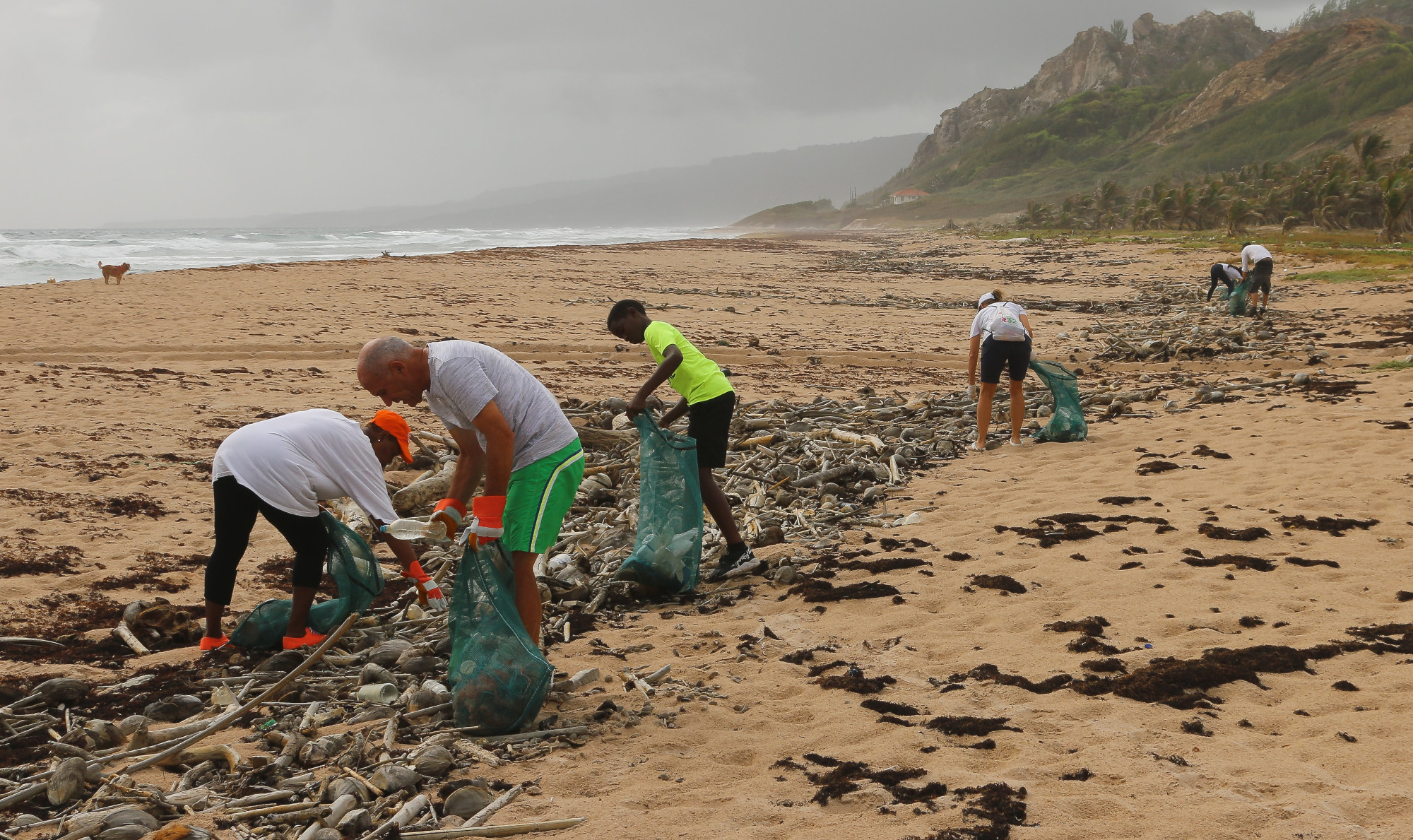Ok, now that you are retired, what are you going to do all day? At first, it’s fun to chill out and have no responsibilities, sleep late, relax, and catch up with some friends.
For lots of retirees, after a few months of that, they start to get a little antsy. They simply want something more. They have a vague feeling of drifting or even being bored with not enough to do. Scary thought, but some of them even miss working.
Our boomer generation of retirees has done a remarkable job of reinventing ourselves in retirement. We grew up in a strong post-war economy and were politically active in making important progress in civil rights and feminism. We’re activists. We get things done.
It’s no surprise that our innovative spirit and desire to contribute to society continues into this stage of our lives.
Consider volunteering
For some, that reinvention in retirement may lead to thoughts of volunteering. Maybe some of their friends have told them about their experience as volunteers. Maybe helping others has always been something they wanted to do.
Volunteering is not for everybody, but let’s hear from some retirees for whom it fills an important part of the activities of this stage of life.
Those who have been active volunteers have told me several reasons why they like volunteering.
- It gives them a sense of purpose, the good feeling that comes from helping others.
- They are sharing the experience with a like-minded group, and camaraderie and new friendships emerge.
- The activities can be fun and challenging, keeping them active and alert.
- They can fit the volunteer activity around the rest of their lives, keeping it flexible.
Here are some people for whom volunteering is a valued component of their retirement activities. The quotes below are from a variety of volunteers who were interviewed for my upcoming book about boomers and their retirement.
Hear some views of the importance of sense of purpose for volunteering:
“I don’t think about having an obligation to give back. It’s just something I have always done.”
“Two and a half weeks after Hurricane Dorian hit the Bahamas, our boatload of food and relief supplies constituted the only aid that had made it to Green Turtle Cay. Several people said that if we didn’t arrive with food, they would have gone hungry.”
“There’s not much more that we can do that’s more emotional than giving a family the keys to their house that they have helped build and that I’ve been involved with.”
“Working with social entrepreneurs as a mentor is one of the most gratifying things I have ever done. Seeing the kind of progress that they can make.”
“Installing artificial hands to amputees in Panama is life changing for them, really life changing. You can hold brooms, you can drive a tractor, you can use a shovel.”
“I guess it’s my dream of making sure that this outdoor preschool goes on. It’s been around since the mid-50’s, and I’ve been concerned about some challenges in this day and age.”
“Being a cancer survivor motivates me to work at a resale shop that benefits cancer research.”
Those who volunteer may also get personal rewards as shown in the following quotes:
“It’s nice to just sit down with the other volunteers and just say, ‘What’s going on?’ It builds the friendship and connection.”
“When I was mentoring executive women, I found just by engaging with them regularly, it grounded me in core leadership principles just to be talking about it every month.”
“Pulling invasive Scotch broom was fun, and that led me to then write a script for the movie they were making about preserving the dunes.”
“Part of it was the geeky side of me that has not done engineering in 40 years. Those are parts of my brain I hadn’t used.”
“I think one of the best benefits of working on socially impactful projects is what that says to our kids, that this is something they can do.”
In our next blog, we will continue to explore volunteering, talk about some of the different types of volunteer opportunities, and show some steps to help you figure out if this could be right for you.
Follow Richard on Twitter @richarddhaiduck and find more of his work and information about his book on his website at RichardHaiduck.com.
